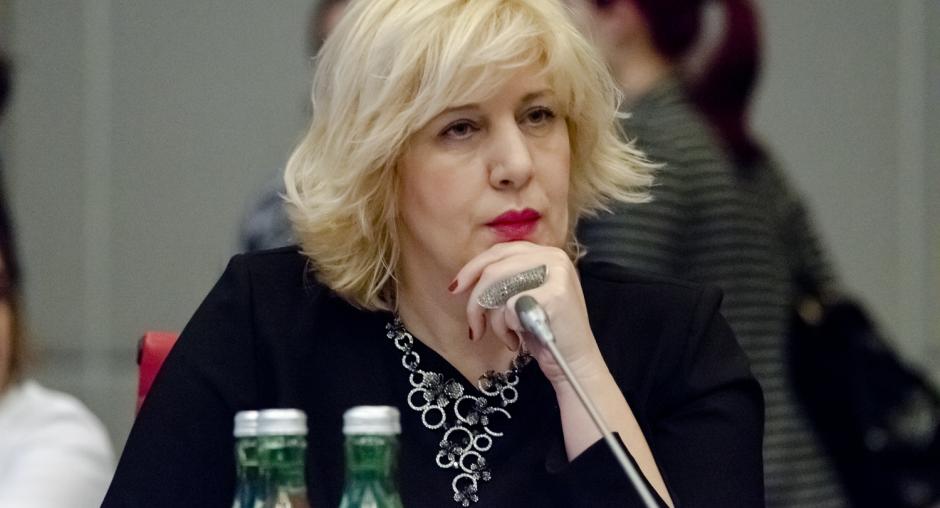New study shows criminal defamation laws unduly limit media freedom, OSCE media freedom representative says

VIENNA, 7 March 2017 – OSCE Representative on Freedom of the Media Dunja Mijatović today released a comparative study “Defamation and Insult Laws in the OSCE Region” which says criminal law remains an instrument to excessively limit media freedom.
The study, commissioned by the Representative and conducted by the experts and correspondents of the Vienna-based International Press Institute (IPI) is divided into two sections. The first section offers conclusions according to each of the principal categories of criminal defamation researched with reference to international standards on free expression. The second section provides detailed research findings for each OSCE participating State, including relevant examples.
“The existence and use of criminal defamation laws – alongside a set of laws aimed at offering greater protection to heads of state, public officials and state symbols – represent a threat to critical independent journalism and hinder the scrutiny of those in power, which is the legitimate and democratic function of journalism,” Barbara Trionfi, IPI’s executive director, said.
“I once again call on the authorities of the participating States to ensure that criminal laws do not stand in the way of free and pluralistic media”, Mijatović said. “Pursuing decriminalization of defamation has been the standing policy of this institution, as well as other international and regional human rights bodies in Europe.”
The study can be found at: https://www.osce.org/fom/303181
The OSCE Representative on Freedom of the Media observes media developments in all 57 OSCE participating States. She provides early warning on violations of freedom of expression and media freedom and promotes full compliance with OSCE media freedom commitments. Learn more at www.osce.org/fom, Twitter: @OSCE_RFoM and on www.facebook.com/osce.rfom.
